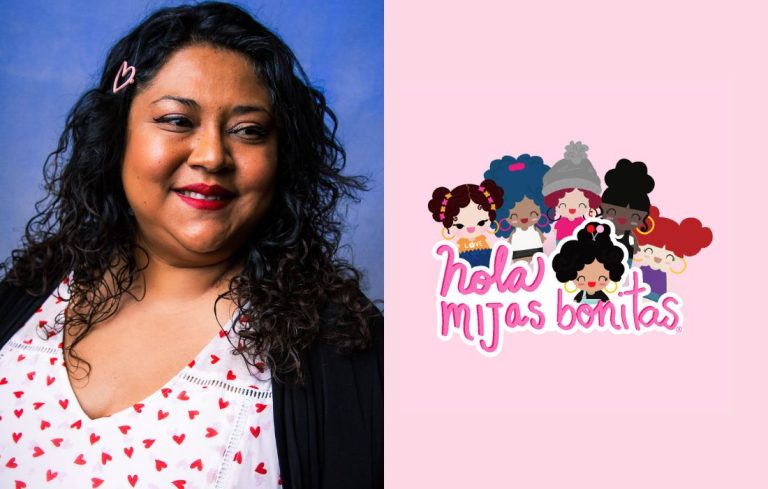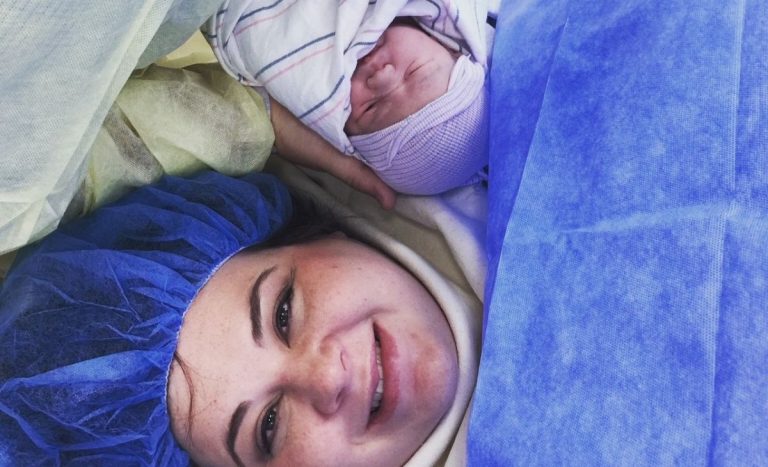How to Raise Kids to Have a Healthy Relationship with Food
Are you wondering how to raise kids to have a healthy relationship with food while repairing your own? Learn from parenting expert Oona Hanson as she shares insights on breaking the cycle of diet culture, fostering body positivity, and supporting your child’s intuitive eating journey.
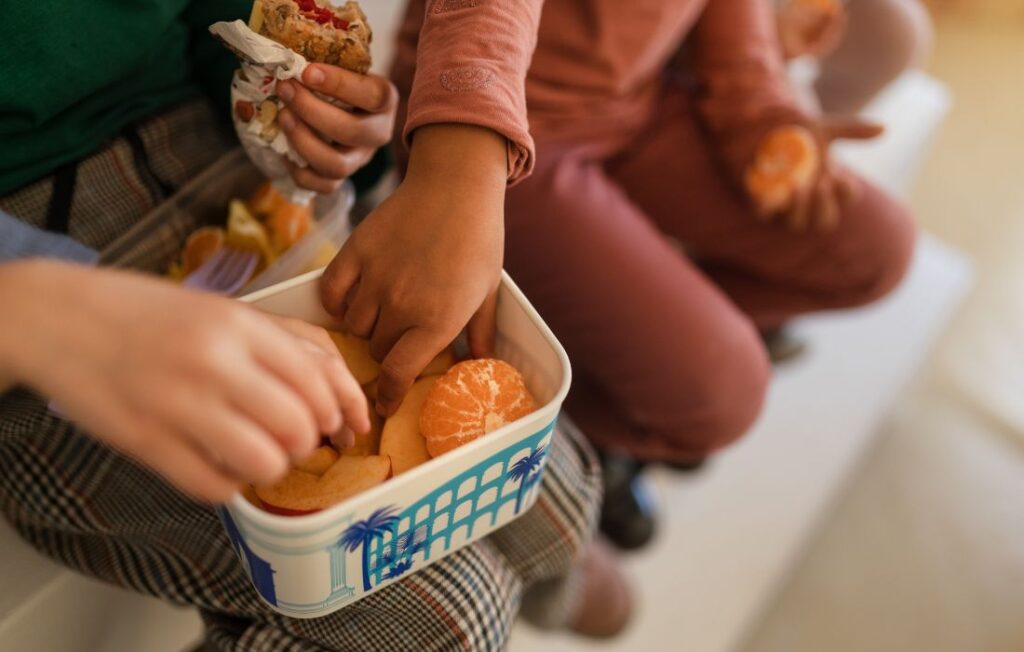
How do you help parents avoid projecting their issues with food onto their children?
Many parents want to break the cycle they experienced growing up. It’s crucial to approach this with self-compassion.
We were raised in diet culture, and those messages are deeply ingrained.
During high-stress times, it’s easy to default to familiar phrases and behaviors.
Acknowledging this and striving for progress rather than perfection is key. Open communication and empathy are essential.
Discussing body changes and normalizing these conversations can create a supportive environment for your children.
Teens and parents can both experience hormonal changes at the same time. How can this be a perfect opportunity for connection?
It’s a unique time when both parents and teens might be going through hormonal changes together (hello, perimenopause). Instead of seeing it as a challenge, it can be a perfect opportunity for connection.
Normalizing body changes, like needing new clothes or dealing with acne, can open up important conversations.
For example, you might say, “It’s time to go through our clothes for the new season. I’ve got some pants that don’t fit anymore. How about you?”
This normalizes body changes and can lead to deeper discussions about how all bodies keep changing.
By addressing these topics openly, we can create a supportive environment where teens feel comfortable discussing their own changes.
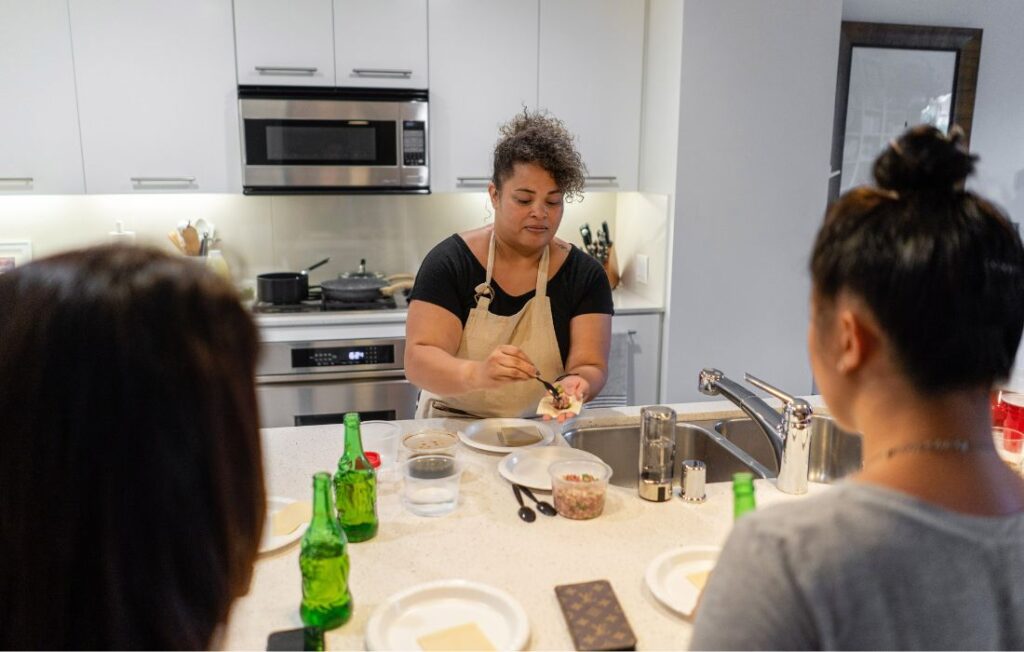
How will the AAP guidelines impact efforts to help kids foster a healthy relationship with food and body image?
The American Academy of Pediatrics (AAP) now recommends, along with therapy, that doctors offer weight loss drugs to adolescents with a high BMI starting at age 12 and evaluate those 13 and older with a high BMI for bariatric surgery.
It’s a challenging time. The AAP guidelines have made pediatrician’s offices even less safe for kids in larger bodies.
We need to approach this with a mix of education and advocacy.
Parents need to know that even within these guidelines, doctors need to ask permission to discuss weight.
Advocating for your child might involve setting clear boundaries with medical providers and educating them on the risks associated with discussing weight and body size.
What are some strategies for parents to set boundaries with medical providers?
Pre-written letters or scripts can be very effective.
There are great resources available that provide templates for communicating with healthcare providers.
Another key aspect is self-care.
Parents should find what helps them feel empowered and prepared to advocate for their children. This could be a supportive community, specific strategies for managing stress, or even wearing an outfit that boosts their confidence.
Also be sure to do some good decompression and self-care after these appointments and find community support.

How can we encourage adolescents to eat a variety of foods without creating a sense of restriction or fear?
It’s about balance and offering a variety of foods.
Kids’ energy needs are high, and carbohydrates are a body’s energy source.
Avoiding restrictive behaviors and instead focusing on providing diverse options helps them learn to trust their bodies.
Engaging teens in meal planning can also empower them to make balanced choices. The goal is to foster a positive relationship with food and ensure they feel safe and supported.
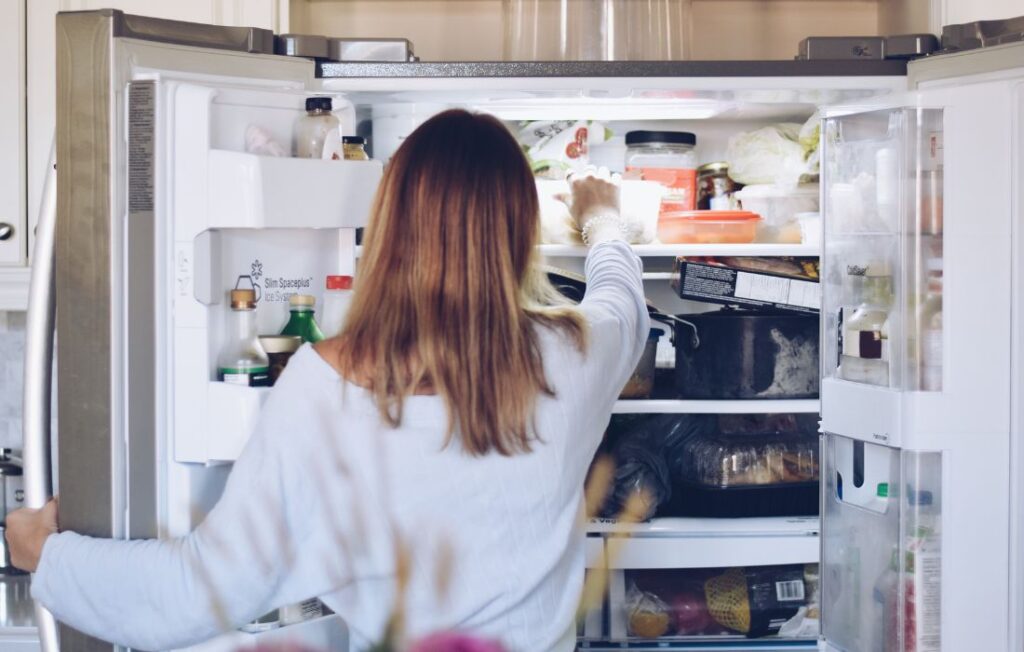
What signs of disordered eating should we look out for in kids, and how can we address them?
It’s essential to maintain open communication and seek professional help if needed.
Look for changes in eating habits, body image concerns, or signs of distress around food.
Resources from dietitians and organizations focused on eating disorders can provide valuable guidance.
Remember, it’s never too late to repair and rebuild a positive food environment for your child.
Learn even more from Oona during episode 214 of the Plus Mommy Podcast on how to raise kids to have a healthy relationship with food.
Recording & Show Notes: Plus Mommy Podcast Episode 214
Transcript happily provided upon request.
Resources Mentioned On The Show
- Connect with Oona via her website, Instagram, and Substack.
- The Truth About Diets and Weight Loss Drugs with Ragen Chastain
- Sunny Side Up Nutrition

Oona Hanson, an educator, writer, and parenting coach with over 25 years of experience. Oona helps parents raise kids with a healthy relationship with food and their body, supporting families through eating disorder treatment and prevention. Her work has been featured on CNN, USA Today, and Good Morning America. She lives in Los Angeles and is the mother of two.


